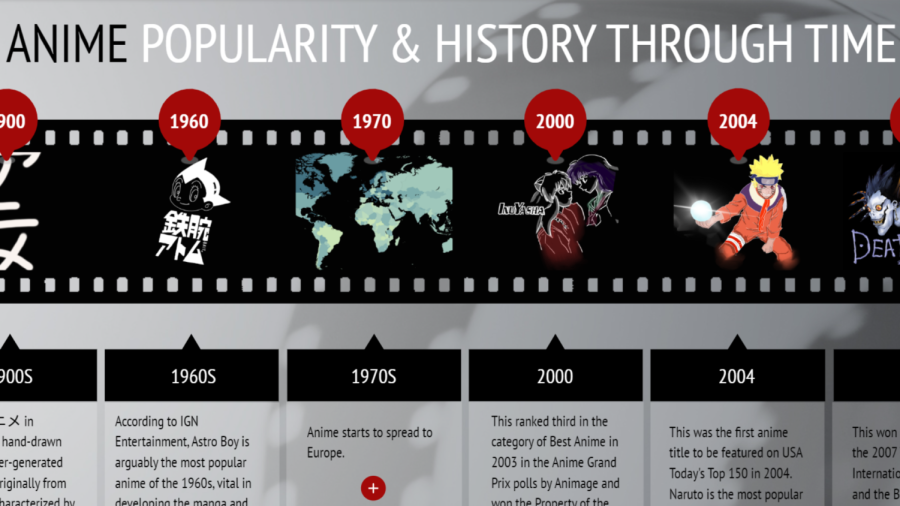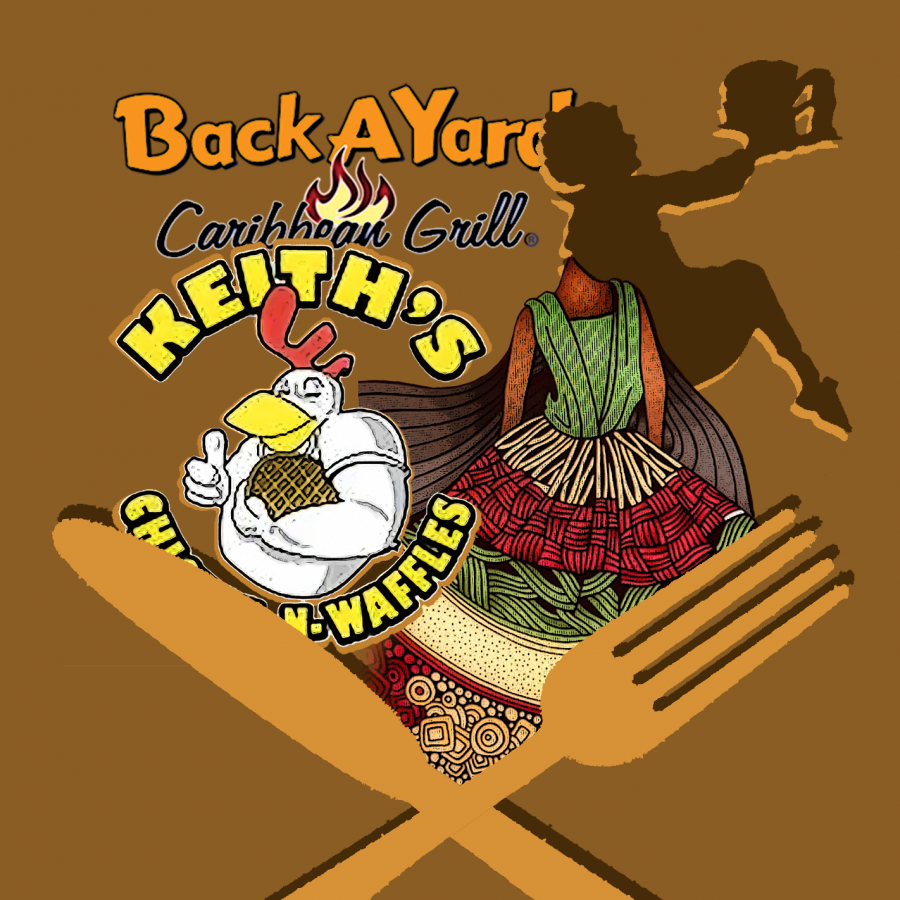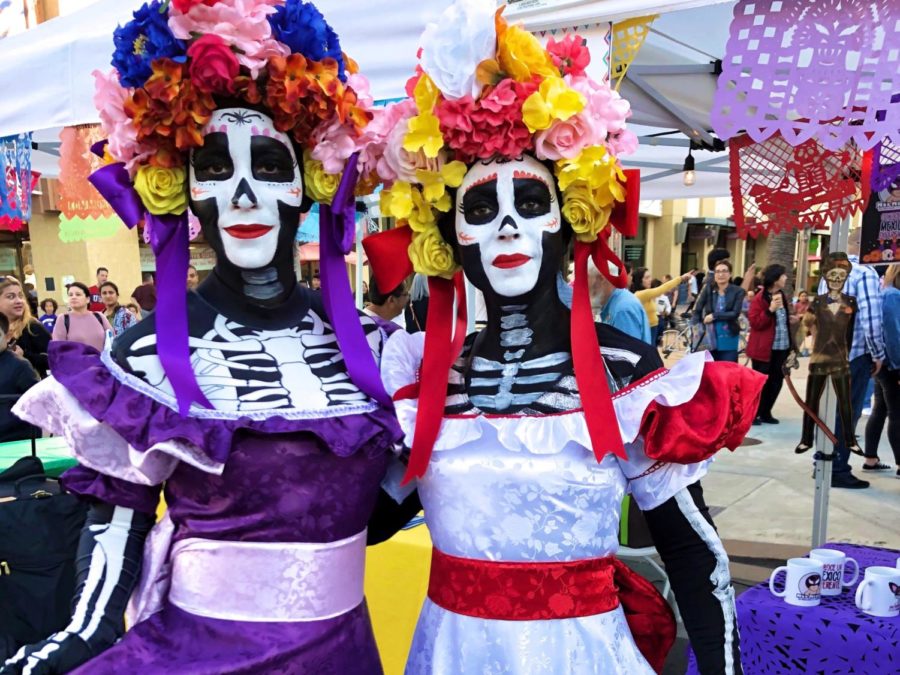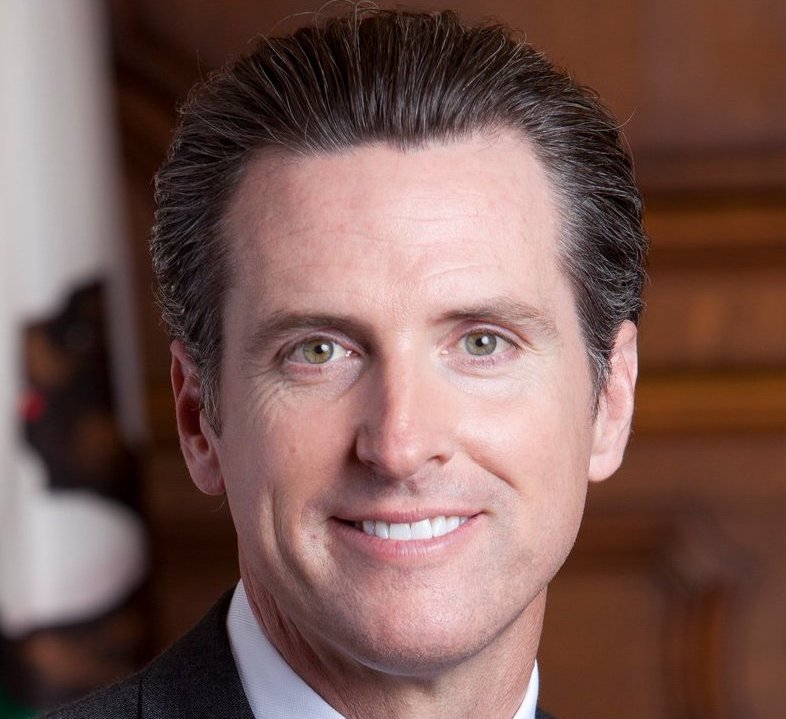In recent years, the Mormon religion has become a topic of discussion, highlighted by television shows, public figures, and political stances. Stereotypes and misconceptions about Mormonism stem from these popular media outlets.
Society is prone to gathering their information from the media and similar popular sources. Mormonism has been a highlighted topic in television shows such as Big Love, Sister Wives, and South Park. The creators of South Park have also created a Tony
Award winning musical, The Book of Mormon, written as a satire of the Mormon religion.
When asked, students admit to knowing only the basic stereotypes of Mormonism. Charbel Tung, a senior, said “I know they can have multiple wives,” and Becca Chong, a senior, explained that she watched the show Sister Wives out of intrigue and interest.
Mormons find their roots as an “American” religion, having been established in the 1820s by Joseph Smith a man native to New York. That is why Mormonism is usually briefly highlighted in American History classes, which is where many students are first educated on a factual level about the religion itself.
The topic of polygamy, or having multiple wives, is one of the greatest misconceptions about Mormonism in modern society. Polygamy was once practiced by Mormons during the mid-1800s, but was discontinued by the year 1890. Any religious group that now practices polygamy is not affiliated with the Mormon church.
A common belief is that the Mormon religion is solely contained within the United States. However, Joanna Brooks, author of The Book of Mormon Girl, said that “Mormonism began in the United States and is headquartered in Utah, but it is actually a world religion with millions of members in Latin America, Asia, and Africa.” Mormon boys around the age of 18 will usually leave their homes for two years to teach the gospel of Mormonism all over the world.
Many people consider Mormons to not be Christian, because of their belief in another additional text called the Book of Mormon, although it is another testament of their belief in Jesus.
Growing up as a member of the Mormon church can be difficult due to these assumptions and misconceptions. Freshman Bethany Wesolek explained that “it’s difficult sometimes because people have a stereotypical view of Mormons and don’t really know that much about us.”
Senior Tyler Smith said that “It’s hard sometimes [to be a Mormon], but people ask a lot of questions and are interested in knowing about it.”
Smith went on to say that he “can’t use the same language that other people use. People have made fun of me before because I can’t swear, or will swear just to make me mad.”
Dealing with stereotypes of any kind can be difficult, regardless of religion, race, gender, or sexual orientation. Clarifying certain misconceptions can be educational and helpful for everyone.






